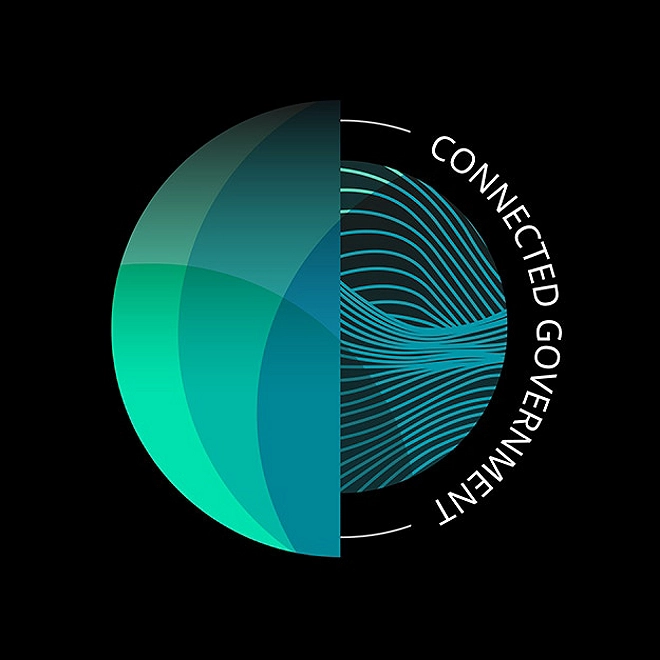Building Resilient & Sustainable Cities
Urban Future with a Purpose is a series of four global high-level policy discussions in which senior stakeholders share their vision on how to improve the quality of life in cities and organizations around the globe.
Learn More
On 21 September, the fourth webinar in the “Urban Future with a Purpose” series was held, focusing on building resilient and sustainable cities. The webinar also featured the new Deloitte Global report “Urban Future with a Purpose: 12 trends shaping the future of cities by 2030,” which provides real-world examples of the strategic and analytical approaches required to build a stronger urban future.
Key takeaways:
The pandemic has disrupted the very core of urban living, but cities remain uniquely positioned to respond to crises and set the rules for recovery. A key challenge now is to understand how to design more resilient cities that can prepare, absorb, and recover from future shocks.
In his keynote address, Margaritis Schinas, Vice-President of the European Commission, underlined the importance of cities during times of crises as the administrative level closest to citizens. Serving as innovation hubs that thrive on the knowledge and skills of urban talent, “Cities should join their common efforts,” said Schinas, to build climate-friendly, resilient, and sustainable urban areas.
Miguel Eiras Antunes, Global Smart City, Smart Nation & Local Government Leader at Deloitte, echoed this sentiment as part of the Urban Future with a Purpose report launch. “We need to move from urban living to human living,” he said. And while, he noted, there are no one-size-fits-all solutions, the 12 trends in the report are interconnected and are best tackled via such collaborative efforts as public-private partnerships and dialogue among cities.
Similarly, the international organizations panel recognized the need for peer-learning among cities. Kishore Rao, Global Sector Leader for International Donor Organizations at Deloitte, said that “Cities are ecosystems with multiple stakeholders in need of collective action for change.”
Panelists also emphasized the importance of attracting talent to cities. “The city of the future will have to emerge livable, and it will have to emerge inclusive,” said Sameh Wahba, the World Bank’s Global Director for Urban Disaster Risk Management, Resilience and Land Global Practice, noting that these features encourage resilience as well as ensure the attractiveness of urban areas.
Cities must not only build back better, “but they also need to be at the forefront of prevention,” said panelist Mami Mizutori, Special Representative of the Secretary-General for Disaster Risk Reduction at the United Nations. She called for more investments in resilience and for a more holistic approach at risk prevention.
Panelist Maimunah Mohd Sharif, UN Habitat’s Executive Director, noted the importance of thinking locally and acting globally to improve urban futures—that is, learning from local initiatives and then applying lessons both globally and locally. She also asserted that people, institutions, and systems need to harness data and its potential to create more inclusive, green, and resilient cities.
The pandemic accelerating the work of mayors while shedding light on underlying problems was a key theme during the panel on cities. The mayors of Sierra Leone, Cascais, and Leuven agreed that cities need to learn to act as quickly as they did during the pandemic but with a long-term perspective. “I expect more impact and faster impact than before,” said Miguel Pinto Luz, Vice-Mayor of Cascais, Portugal.
Other panelists noted the importance of participation, power devolution, and visionary leadership. “We create a sense of belonging and trust by including citizens, making sure we all commit to a common goal,” noted Mohamed Ridouani, Mayor of Leuven, Belgium. Yvonne Aki-Sawyerr, Mayor of Freetown, Sierra Leone, emphasized being able to “manage our own urban spaces,” drawing on citizens’ creative ideas to build resilient and sustainable cities. “Even in these unprecedented times,” noted Jeff Merritt, the World Economic Forum’s Head of IoT & Urban Transformation, “Cities can be a place of innovation, of creativity, of new ideas, and most importantly, of hope and inspiration.” But, he added, they need the support of such essential partners as private businesses, academia, and NGOs.
His Excellency the President of the Portuguese Republic, Professor Marcelo Rebelo de Sousa, ended the session by asserting, “We have the means and the knowledge to tackle structural problems and to manage cities in a more intelligent and efficient way.” He pointed out the importance of committing to values such as social cohesion, climate protection, and sustainability. “Cities can become inclusive and sustainable, in balance with the global ecosystem, and flourishing with human creativity, development and tolerance,” he concluded. “Our citizens expect this from us and we cannot disappoint them.”
More than 7,000 attendees from 70 countries came together during the Deloitte Urban Future with a Purpose series, working to pave the way to greener, more inclusive, and more sustainable cities. As noted during this series, by committing both political will and financial resources, the public and the private sectors can work together to build a better urban future.
Keynote speakers:
His Excellency, the President of the Portuguese Republic, Professor Marcelo Rebelo de Sousa
Margaritis Schinas, Vice-President, European Commission
Featured speakers:
Yvonne Aki-Sawyerr, Mayor of Freetown, Sierra Leone
Mizutori Mami, Special Representative of the Secretary-General for Disaster Risk Reduction, United Nations
Jeff Merritt, Head of IoT & Urban Transformation, World Economic Forum
Maimunah Mohd Sharif, Executive Director, UN Habitat
Miguel Pinto Luz, Vice-Mayor of Cascais, Portugal
Kishore Rao, Global Sector Leader for International Donor Organizations, Deloitte
Mohamed Ridouani, Mayor of Leuven, Belgium
Sameh Wahba, Global Director, Urban, Disaster Risk Management, Resilience and Land Global Practice, World Bank
Webinar hosted by:
Lídia Pereira, Member of the European Parliament
Miguel Eiras Antunes, Global Smart City, Smart Nation and Local Government Leader, Deloitte
For more information regarding the webinar series, please contact Sofia Godinho Marques.



